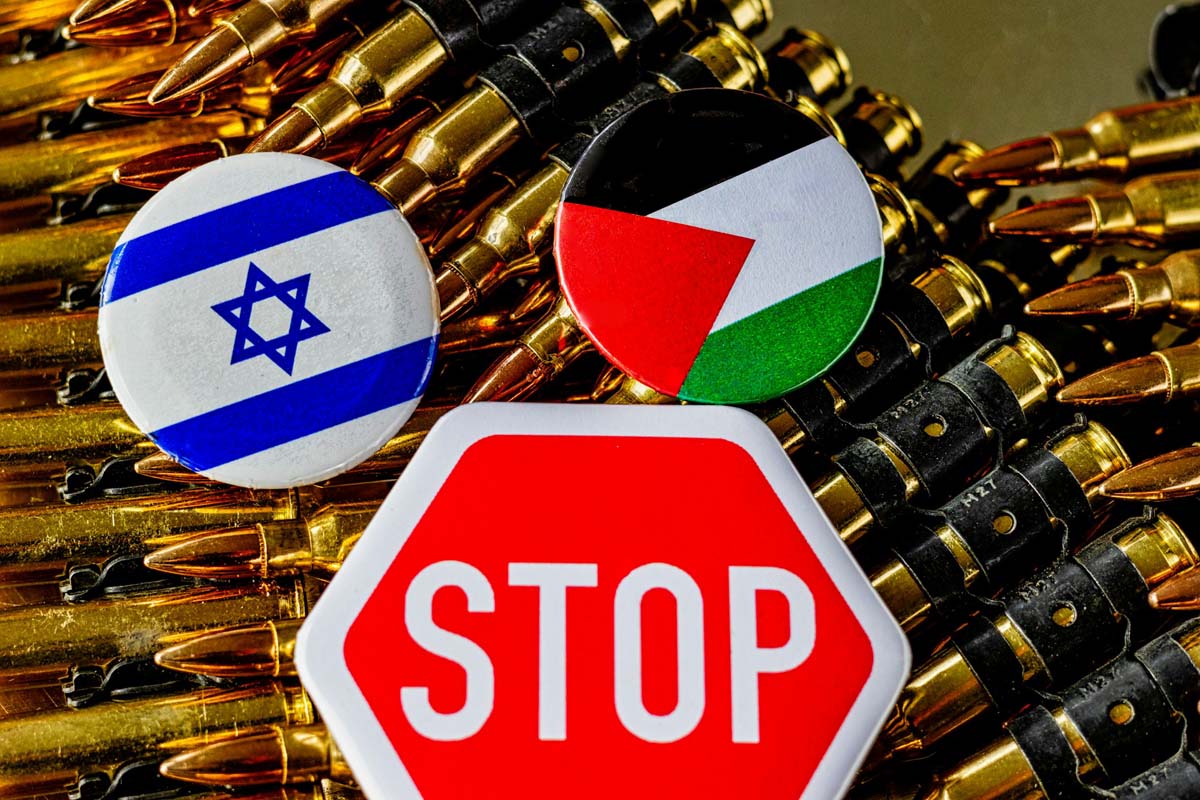
403
Sorry!!
Error! We're sorry, but the page you were
looking for doesn't exist.
Israel, Hamas agree to ceasefire deal
(MENAFN) On January 17, Israel and Hamas agreed to a ceasefire deal after more than a year of war, halting fighting for 42 days. Under the agreement, Israel will withdraw from key areas of Gaza and allow humanitarian aid, while Hamas will release 33 Israeli hostages. Both sides are also expected to continue discussions aimed at further phases of the deal, which could lead to a permanent ceasefire and the release of all hostages. Despite the relief expressed by many, particularly given the heavy toll of the war in Gaza, experts like Mark Lynch, a political science professor at George Washington University, caution that the future remains uncertain. Lynch emphasized that while stopping the violence and enabling aid to flow into Gaza would be beneficial, the success of the ceasefire depends on a complex series of factors, such as the actual delivery of aid and the rebuilding of Gaza's infrastructure.
Lynch predicts that sustaining the agreement will be difficult due to the number of potential spoilers on both sides. He notes that in Israel, some factions may still desire to continue the war indefinitely, whether to maintain a buffer zone in northern Gaza or to achieve the complete destruction of Hamas. On the Palestinian side, violence from militants or revenge-driven acts could easily derail the agreement. Even if peace holds, Israel could still accuse Hamas of violations, potentially reigniting the conflict. Lynch also addresses why the Israeli government agreed to the ceasefire now, despite U.S. pressure over several months. He suggests that Prime Minister Netanyahu, focused on political survival, had little reason to take the Biden administration seriously, especially since the U.S. did not impose conditions on arms shipments to Israel. However, Lynch believes Netanyahu might have seen the war as reaching its limits and may now seek temporary peace while trying to secure further political gains, such as expanding control over the West Bank. In terms of broader U.S. goals in the Middle East, Lynch notes that a ceasefire, while beneficial, does little to improve America's image in the Arab world, given the scale of destruction and loss of life in Gaza. However, it could provide more space for Arab states, particularly Saudi Arabia, to pursue policies like normalization with Israel, which may become a priority for both the U.S. and Israeli governments in the future.
Lynch predicts that sustaining the agreement will be difficult due to the number of potential spoilers on both sides. He notes that in Israel, some factions may still desire to continue the war indefinitely, whether to maintain a buffer zone in northern Gaza or to achieve the complete destruction of Hamas. On the Palestinian side, violence from militants or revenge-driven acts could easily derail the agreement. Even if peace holds, Israel could still accuse Hamas of violations, potentially reigniting the conflict. Lynch also addresses why the Israeli government agreed to the ceasefire now, despite U.S. pressure over several months. He suggests that Prime Minister Netanyahu, focused on political survival, had little reason to take the Biden administration seriously, especially since the U.S. did not impose conditions on arms shipments to Israel. However, Lynch believes Netanyahu might have seen the war as reaching its limits and may now seek temporary peace while trying to secure further political gains, such as expanding control over the West Bank. In terms of broader U.S. goals in the Middle East, Lynch notes that a ceasefire, while beneficial, does little to improve America's image in the Arab world, given the scale of destruction and loss of life in Gaza. However, it could provide more space for Arab states, particularly Saudi Arabia, to pursue policies like normalization with Israel, which may become a priority for both the U.S. and Israeli governments in the future.

Legal Disclaimer:
MENAFN provides the information “as is” without warranty of any kind. We do not accept any responsibility or liability for the accuracy, content, images, videos, licenses, completeness, legality, or reliability of the information contained in this article. If you have any complaints or copyright issues related to this article, kindly contact the provider above.






















Comments
No comment